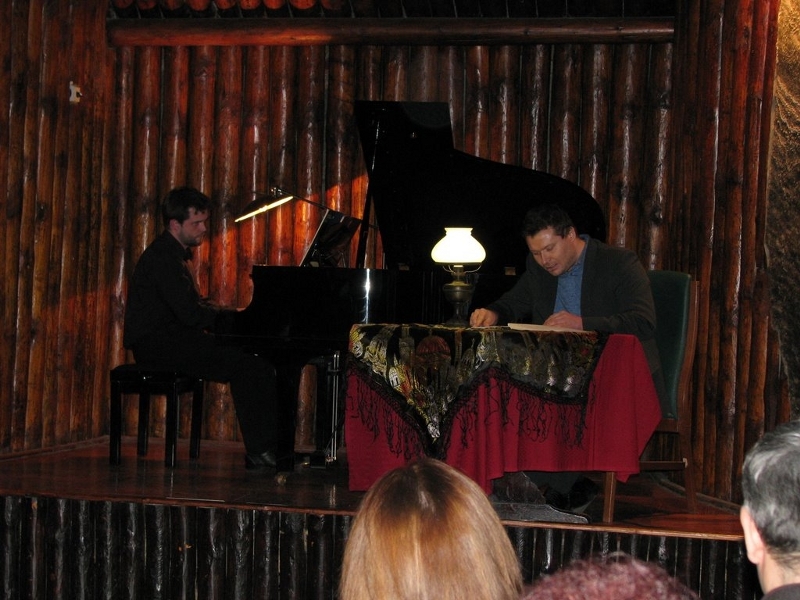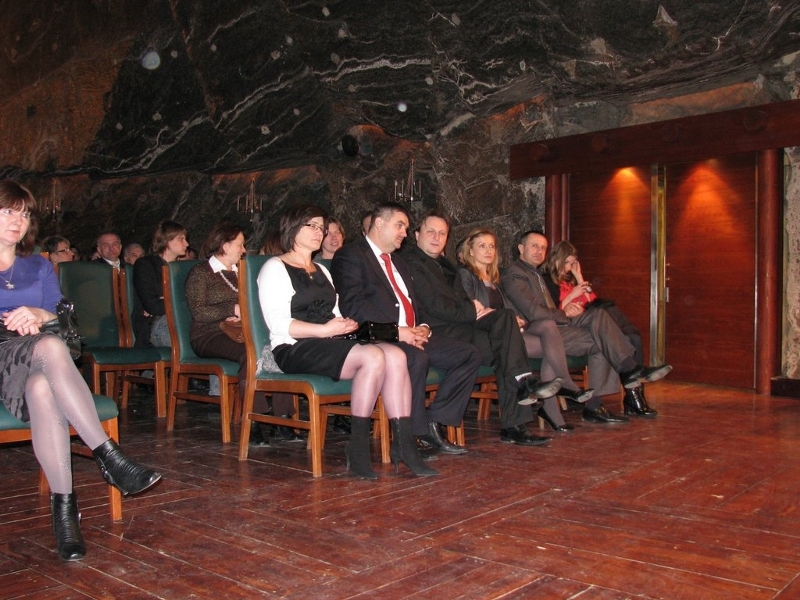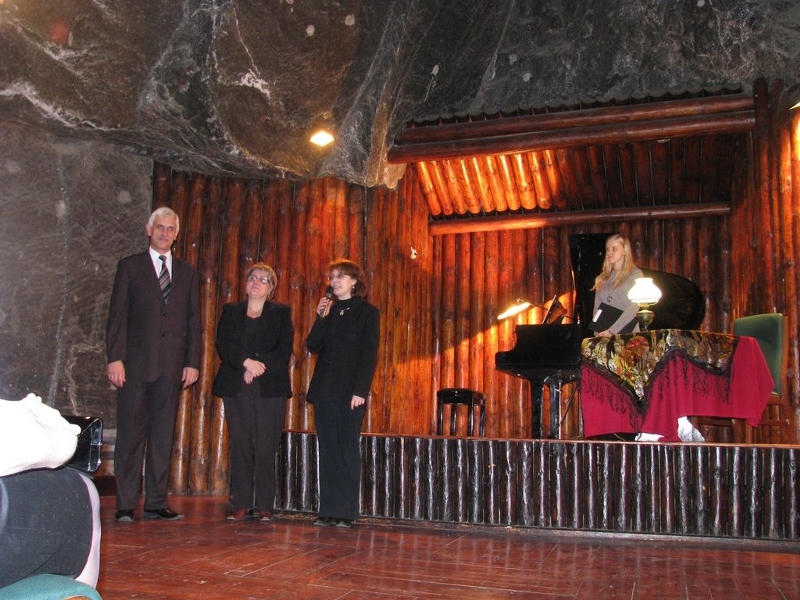piątek, 29 października 2021
środa, 27 października 2021
wtorek, 26 października 2021
OPINIA PUBLICZNA
wtorek, 19 października 2021
THE MOUNTAIN PEOPLE by Colin M.Turnbull
THE MOUNTAIN PEOPLE by Colin M.Turnbull
Touchstone 1987. ISBN 0-671-64098-4.
| Colin Turnbull was an anthropologist with a special interest in the hunter-gatherer societies of Africa. He lived in the rain forests of Zaire and also in the mountainous areas that border Uganda, Sudan and Kenya. This book is an account of his observations in the latter region. He writes about the semi-nomadic tribes that traditionally move around and across the frontiers herding cattle, hunting game and engaging in some simple cultivation to supplement the collection of vegetables, roots and berries. The tribe that he studied in detail called themselves the Ik and had always had their temporary villages in the higher mountains of Uganda. This was a distinguishing feature that differentiated them from other groups such as the Turkana who were plain dwellers and cattle herders. He and his colleague Joseph Towles spent the better part of three years with them between 1964 and 1967. The interest of the narrative is not so much the study of hunter-gatherer life ( do anthropologists study anything else? ) than the picture of transition that comes out of the book. The Ik started to get into difficulties at the end of the 2nd World War as the new nation states in the area "hardened" their frontiers. Previously the Ik had moved freely between all three countries hunting game in the Kidepo valley and following it through the mountainous areas into the Sudan. However the Kidepo area was declared a Ugandan National Park and they were no longer allowed to hunt there. Subsequently they had to make a permanent base on the inhospitable mountainous eastern edge of the Park, an area that had previously only been a temporary resting place. What follows is a narrative of serious non-adaptation as Turnbull shows that the traditional society of loose co-operation for hunting and weak family bonds is insufficient to meet the new challenge that the tribe faces. (top) | He shows in detail how survival becomes a personal affair. Food is no longer shared. Men hunt what they can and eat it far from the village and women collect only for themselves. As starvation sets in children and old people die as they are not fed, the tribe becomes known for its cattle thieving among the neighbouring groups. The thieving becomes intense among themselves and Turnbull interestingly shows how this becomes the new norm. Honesty becomes foolishness and lying becomes an art with Turnbull as the main target ( he had a Land Rover, cigarettes and plenty of food ). At this point one can ask whether 1) Turnbull is exaggerating in the interest of a dramatic story or 2) supporting a thesis which is, to quote, "my hope that we who have been civilised into such empty beliefs as the essential beauty and goodness of humanity may discover ourselves before it is too late." To answer 1) it would be useful to read an independent account by Towles if one exists. He is not a co-author of this book and only appears in it very briefly. All the same Turnbull does give cases where there is some residual co-operation and more honest individuals move away from the tribe. To answer 2), the story fits in too neatly with the new socio-biological view of the world ( Sociobiology: The New Synthesis. E.O.Wilson) where man can only be understood on the basis of his animal drives. Turnbull doesn't reflect that in similar times of big environmental change other groups are protected by knowledge / co-operation / law ( i.e. culture) so that things don't have to be the disaster that the Ik experience. When he states that; "we have been civilised into a belief in the essential beauty and goodness of humanity.", this must be taken as literary license but ignoring the odd rhetorical flourish this is still an interesting book that is worth looking out for. |
{Return to my Home Page and latest recommended book}{Return to other recommended books}
poniedziałek, 18 października 2021
Spotkanie autorskie z Marcinem Kydryńskim
-
- Strona główna
- Aktualności
- Spotkanie autorskie z Marcinem Kydryńskim.
Spotkanie autorskie z Marcinem Kydryńskim.
- Kategoria: Aktualności
- Utworzono: poniedziałek, 27 wrzesień 2021 r. (o godz. 8:20)
18 października o godzinie 17.00 serdecznie zapraszamy na spotkanie autorskie z Marcinem Kydryńskim.
niedziela, 17 października 2021
sobota, 16 października 2021
Rodem - Warszawianin, sercem – Polak, a talentem – świata obywatel…
„Rodem - Warszawianin, sercem – Polak, a talentem – świata obywatel…"
Niezwykle złożona, niepowtarzalna osobowość Chopina, wykazywała pewne rozdwojenie, które, wg słów Liszta, w końcu idealnie harmonijnie zestrojone znajdowało ujście w najwyższej twórczości.
 Chopin to wielki patriota,
Chopin to wielki patriota,


Strange radio waves emerge from the direction of the galactic cente
Strange radio waves emerge from the direction of the galactic center
Astronomers have discovered unusual signals coming from the direction of the Milky Way's center. The radio waves fit no currently understood pattern of variable radio source and could suggest a new class of stellar object.
"The strangest property of this new signal is that it is has a very high polarization. This means its light oscillates in only one direction, but that direction rotates with time," said Ziteng Wang, lead author of the new study and a Ph.D. student in the School of Physics at the University of Sydney.
"The brightness of the object also varies dramatically, by a factor of 100, and the signal switches on and off apparently at random. We've never seen anything like it."
Many types of star emit variable light across the electromagnetic spectrum. With tremendous advances in radio astronomy, the study of variable or transient objects in radio waves is a huge field of study helping us to reveal the secrets of the Universe. Pulsars, supernovae, flaring stars and fast radio bursts are all types of astronomical objects whose brightness varies.
"At first we thought it could be a pulsar—a very dense type of spinning dead star—or else a type of star that emits huge solar flares. But the signals from this new source don't match what we expect from these types of celestial objects," Mr Wang said.
The discovery of the object has been published today in the Astrophysical Journal.
Mr Wang and an international team, including scientists from Australia's national science agency CSIRO, Germany, the United States, Canada, South Africa, Spain and France discovered the object using the CSIRO's ASKAP radio telescope in Western Australia. Follow-up observations were with the South African Radio Astronomy Observatory's MeerKAT telescope.
Mr Wang's Ph.D. supervisor is Professor Tara Murphy also from the Sydney Institute for Astronomy and thhttps://phys.org/news/2021-10-strange-radio-emerge-galactic-centre.html?fbclid=IwAR3h3umEuEVxs2t3PQ6ynVptUJq72Cz3fN6Cq5d45hknl58swhg3BguteUke School of Physics.
Professor Murphy said: "We have been surveying the sky with ASKAP to find unusual new objects with a project known as variables and slow transients (VASTs), throughout 2020 and 2021.